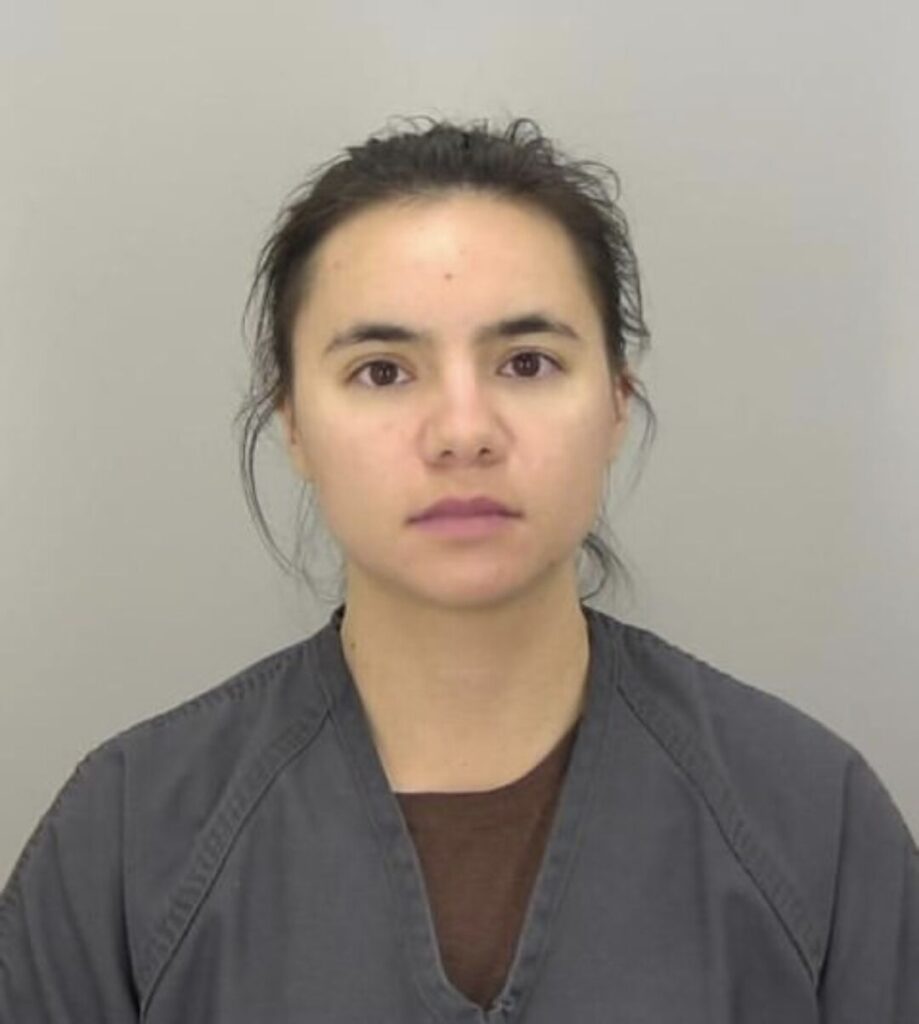10th Circuit’s chief judge dismisses misconduct complaint against judge for presentations to political group
The chief judge of the federal appeals court based in Denver has dismissed a misconduct complaint against an unidentified judge who admitted to committing an ethics violation by speaking to a “politically affiliated club.”
The U.S. Court of Appeals for the 10th Circuit hears appeals in federal cases arising from Colorado, Oklahoma, Utah, Kansas, New Mexico and Wyoming. The circuit also has a process for screening and adjudicating misconduct complaints against federal judges within its jurisdiction.
In an order dated June 4, but which the circuit only posted publicly last week, Chief Judge Jerome A. Holmes of Oklahoma described his processing of a complaint alleging discrimination. Holmes did not name the judge in question, only identifying him as a male district court judge. The case number indicated the complaint was filed in 2021, and Holmes determined the judge had since taken corrective action for his misconduct.
According to Holmes’ brief summary, a self-represented litigant in a civil case alleged his judge was biased because he gave “educational presentations to a politically affiliated club, which the club posted to its public YouTube channel.” The judge’s activity allegedly resulted in discrimination against the litigant based on his age, race and self-represented status.
Holmes noted the rules of judicial conduct prohibit judges from making speeches to, or attending events sponsored by, political organizations. Holmes conducted a “limited inquiry,” in which he discovered the unidentified club “is officially affiliated with a political party.”

Jerome A. Holmes of Oklahoma, judge on the U.S. Court of Appeals for the 10th Circuit.
“A review of the club’s YouTube channel confirmed that the judge made presentations to the club on civics-related matters,” Holmes continued, “but that the subject judge’s comments during the presentations, when considered in context, were not political in nature.”
In responding to the complaint, the unnamed judge wrote that politics was not the “predominate” focus of the club. Instead, he viewed the invitations to speak to the club as an opportunity to share “judicial and legal” topics with its members.
“However, he accepted that his actions in making presentations (even on civics-related, non-political topics) to, and indeed merely attending the meetings of, a politically affiliated club violated the Code of Conduct,” Holmes wrote. “And the subject judge ensured that his presentations were removed from the club’s YouTube channel, and he informed the club’s leadership that he could not present at any future meetings.”
Citing his authority to terminate the misconduct proceedings if “appropriate corrective action has been taken,” Holmes concluded that the judge’s acknowledgement of his violation and his subsequent actions were sufficient. Holmes found nothing to indicate the judge had discriminated against the litigant who filed the complaint.
The 10th Circuit’s executive told Colorado Politics no further information was publicly available about the case. A search of court filings did not reveal any documents bearing on the identity of the complainant or the district judge.
The 10th Circuit processes multiple misconduct complaints each year and largely finds no misconduct has plausibly occurred. On rare occasions, the circuit will issue an order publicly naming a judge for committing misconduct — as it did in 2022 after finding a New Mexico magistrate judge likely was responsible for an abusive and hostile workplace environment.











